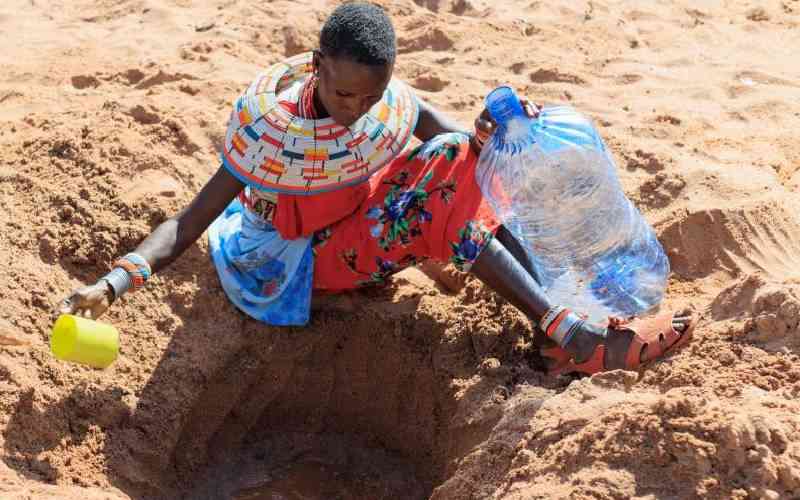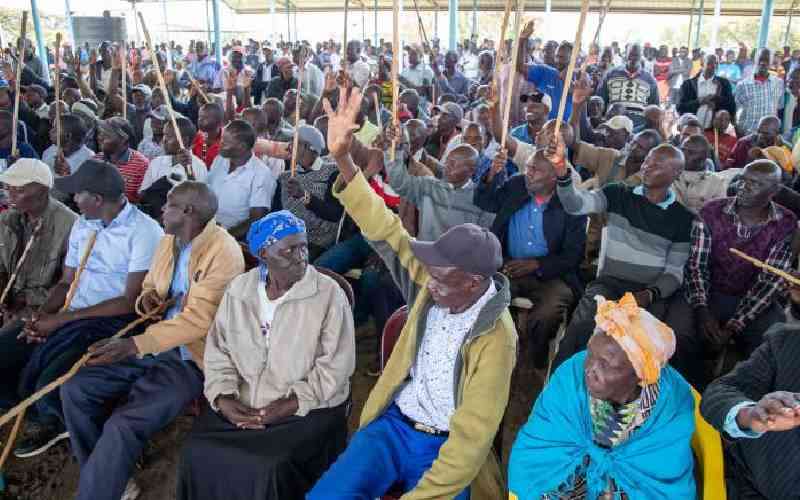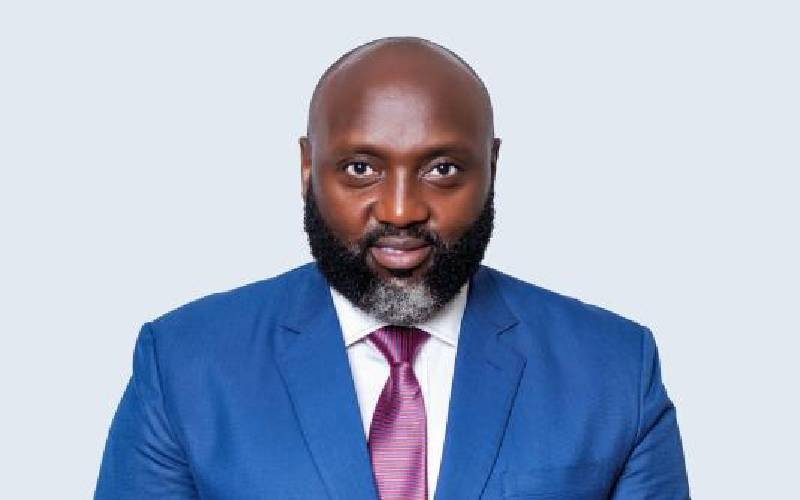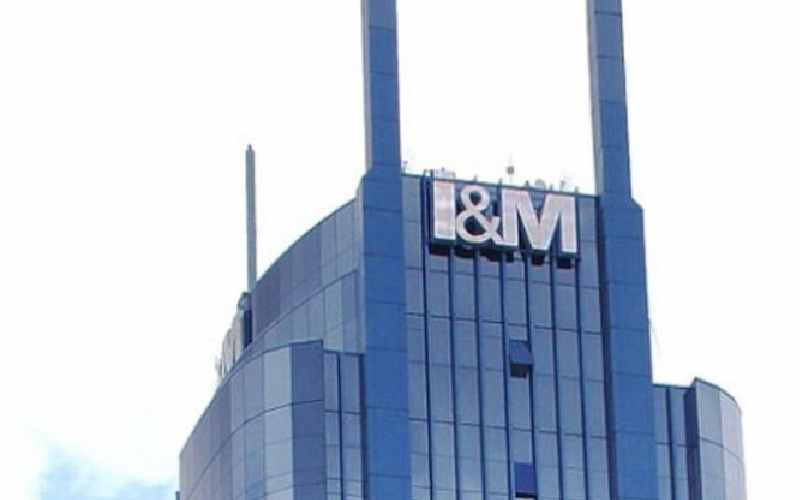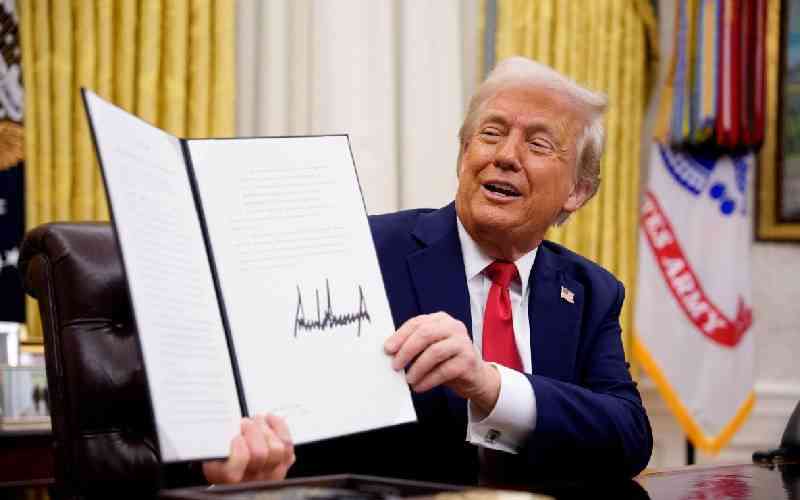
The global health insecurity is on the rise, if the increased frequency of public health emergencies, recent outbreaks and pandemics are any measure. Hence, the just concluded African Society for Laboratory Medicine (ASLM) Special Convention on Diagnostics 2024 themed Transforming Diagnostic Systems in Africa: Harnessing Innovation and Quality Assurance to Elevate Equity and Excellence, came at the opportune moment.
The need for robust diagnostics that are essential for effective disease control and patient care is urgent. Not only are resilient diagnostics networks and systems critical to attain universal health coverage, access by underserved and marginalised communities of laboratory services is also a key factor to achieve the African Union Agenda 2063 of A Safe and Secure Africa, The Africa We Want.
The ASLM Special Convention on Diagnostics attracted more than 300 experts, policymakers, partners and the civil society. It provided an opportunity for sharing of best practices, fostering of collaborations and exploring innovations. The rich futuristic scientific programme covered critical areas on how to strengthen laboratory systems and networks as well as increase access to life saving diagnostics using latest innovation and technologies.
The rigorous deliberations produced four key outcomes: Diagnostic advocacy where ASLM’s commitment to advancing diagnostics with policymakers was reinforced; community involvement with highlighting of the crucial role civil society plays in driving diagnostics progress; leverage local expertise by launching a sub-community of practice on procurement and supply management for genomics as a platform for co-creating solutions to chronic logistics and supply issues; and government commitment with the issuance of a call-to-action for governments across Africa to strengthen laboratory systems and expand access to quality diagnostics.
A key highlight of the convention was the call-to-action by the civil society through its Diagnostic Equity Consortium (DEC) where participants committed to “play their part in increasing diagnostics literacy at the community level, prepare communities for new diagnostics to improve demand and uptake, and relaying communities’ experiences and needs to duty bearers, including national lab directors, Ministries of Health programme leads, Global Fund global health actors, donors, and industry.”
Access to diagnostics requires that the laboratory services be well-structured and appropriately placed within the governance and leadership structures of the Ministries of Health in accordance with the Maputo Declaration of 2008. Concerned with the slow implementation of the declaration, the ASLM Laboratory Directors Forum (LaBDF) issued a call to action in 2023 for the establishment of strategically planned and adequately resourced financial and human, stand-alone directorates of laboratory services at the Ministries of Health, fully mandated to oversee all national diagnostic services.
Countries where laboratory services are well-recognised have shown significant strides in provision of accessible, safe and quality healthcare.
Uganda is one such country.
Investments in diagnostic, well structured laboratory services and community awareness are cornerstones to the future diagnostics.
Mr Ndlovu is the CEO, African Society for Laboratory Medicine.
 The Standard Group Plc is a multi-media organization with investments in media
platforms spanning newspaper print operations, television, radio broadcasting,
digital and online services. The Standard Group is recognized as a leading
multi-media house in Kenya with a key influence in matters of national and
international interest.
The Standard Group Plc is a multi-media organization with investments in media
platforms spanning newspaper print operations, television, radio broadcasting,
digital and online services. The Standard Group is recognized as a leading
multi-media house in Kenya with a key influence in matters of national and
international interest.
 The Standard Group Plc is a multi-media organization with investments in media
platforms spanning newspaper print operations, television, radio broadcasting,
digital and online services. The Standard Group is recognized as a leading
multi-media house in Kenya with a key influence in matters of national and
international interest.
The Standard Group Plc is a multi-media organization with investments in media
platforms spanning newspaper print operations, television, radio broadcasting,
digital and online services. The Standard Group is recognized as a leading
multi-media house in Kenya with a key influence in matters of national and
international interest.


